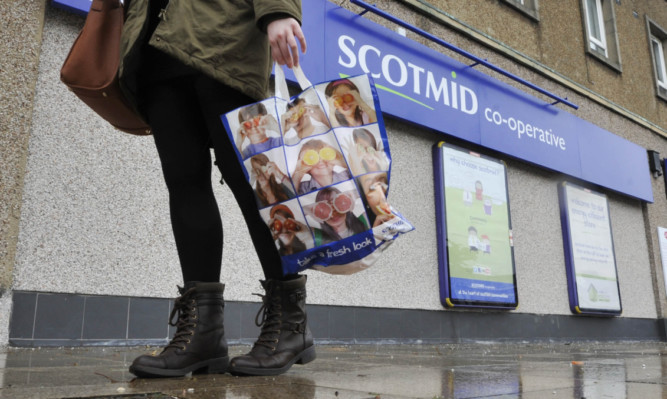Scotmid, Scotland’s biggest retailing mutual society, claimed a solid performance in a declining retail market over the last six months.
Operating profit for the 26 weeks to August 1 was £2 million, just below the £2.1m in the same period of last year.
The performance was achieved in a challenging retail market a 3.3% sales decline was reported by the Scottish Retail Consortium and the poor Scottish summer weather.
Turnover was £206m, £6m less than the equivalent six months last year, mainly due to the impact of closed stores.
The balance sheet remained strong with net assets in excess of £87m.
Scotmid employs nearly 5,000 staff in 350 retail and service outlets across Scotland, Northern Ireland and the north of England, including Scotmid Food, Semichem, funeral branches, post offices and a property division.
The society is owned, managed and governed in Scotland and as a cooperative is controlled by its members.
Chief executive John Brodie said: “In the context of poor early summer weather in Scotland and the challenging retail market this has been a good performance from our retail trading businesses.
“Our food convenience business continued the programme of differentiation, including bakery and local products and also made a significant investment in energy saving measures.
“Similarly, Semichem’s core stores benefited from the introduction of new products and supplier partnerships delivering lower prices on branded goods.
“Tough decisions continue to be taken on loss-making stores but it is pleasing to report that a number of unprofitable stores were saved from potential closure through successful lease negotiations.”
The funeral business had a strong start to the year showing growth relative to a weaker first half early last year.
Property continued to deliver positive results with the benefit of growth in rental income assisted by investment last year.
The merger with Seaton Valley Co-operative in the north east of England will add to Scotmid’s membership in the Lakes and Dales region.
Mr Brodie added: “Whilst food deflation and lacklustre consumer spending has impacted on our performance, we have still been able to produce a set of figures ahead of the local retail market.”
